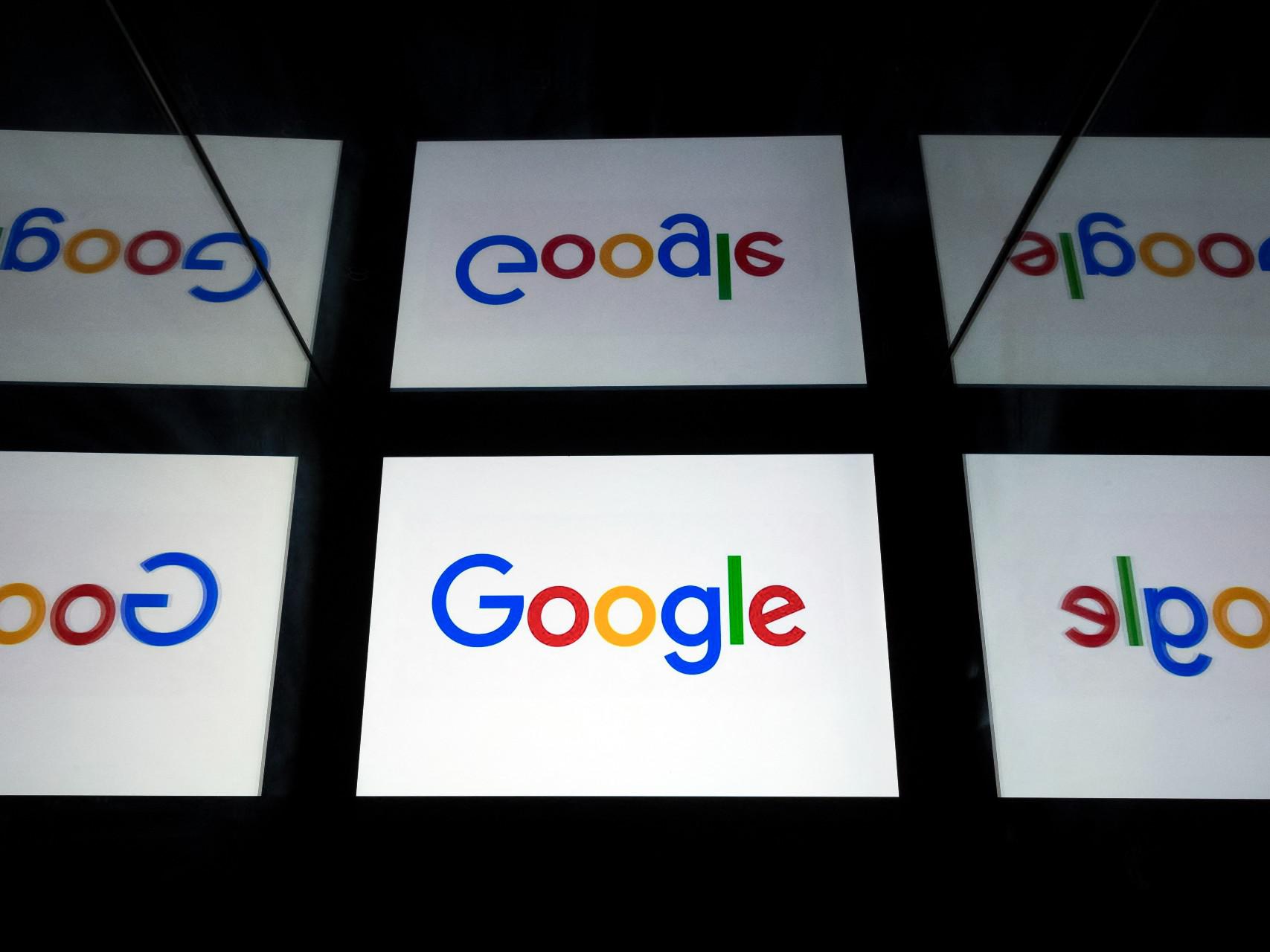Google has agreed to destroy or anonymize billions of records of web browsing data collected while users used “Incognito” private browsing mode. This decision emerges from a proposed class action settlement, filed Monday, that also requires Google to disclose in more detail how it collects information in Incognito mode and to limit future data collection. If approved by a federal judge in California, the settlement could affect 136 million Google users. The 2020 lawsuit, Brown v. Google, was brought by Google account holders who accused the company of illegally tracking their behavior through the private browsing feature.
Because the rules change
Valued at $5 billion in Monday’s filing, the value of the proposal was calculated by determining the value of the data Google has stored and will be forced to destroy, as well as the data it will be barred from collecting in the future. Google will have to deal with data collected in private browsing mode until December 2023 and any data that is not explicitly deleted will have to be made anonymous. “This settlement provides real accountability and transparency from the world’s largest data collector and marks an important step toward improving and enforcing our right to privacy on the Internet,” the plaintiffs wrote in the proposed settlement.
José Castañeda, a Google spokesperson, said the company is “pleased to resolve this lawsuit, which we have always believed to be baseless.” Although the plaintiffs have valued the proposed settlement at $5 billion, the sum originally sought in damages, Castañeda stressed that “they will receive nothing.” The settlement provides no damages to the class, although individuals may file claims. “We never associate data with users when they use Incognito mode,” Castañeda added. “We are happy to delete old technical data that has never been associated with an individual and has never been used for any form of personalization.”
The news
Part of the deal includes changes to how Google discloses the limits of its private browsing services, changes the company has already begun rolling out on Chrome. Google also agreed, for five years, to allow users to block third-party cookies by default in Incognito mode, thus preventing Google from tracking users on external sites while they use private browsing. Users can still file damages claims in California state court, under the terms of the settlement. So far, 50 requests have been submitted.
